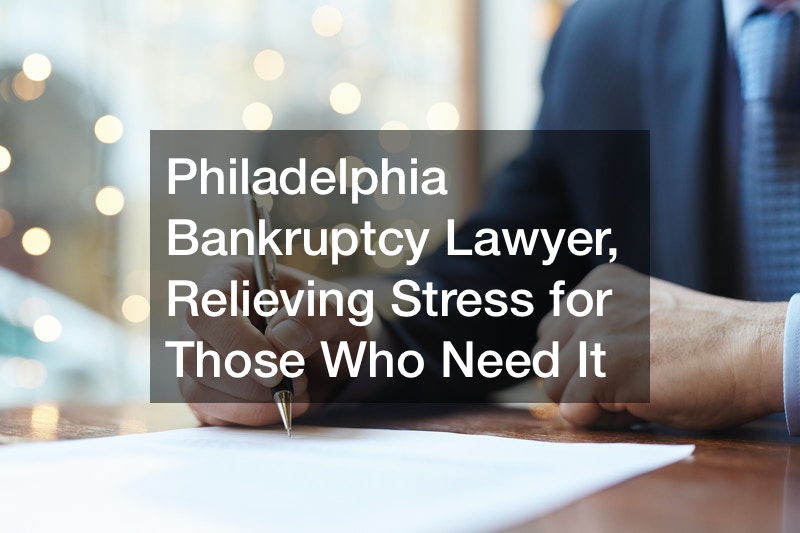
Companies will do everything that they can to keep a steady cash flow going and stay on top of their loans and debts, but in some cases, debts and loans become too much to bear, and if a company’s staff determine that they have no chance of paying off those debts, a company or business may declare bankruptcy, and there are different categories of bankruptcy, such as chapter 11 or chapter 13. No one likes bankruptcy, but this does not have to be the end. In fact, bankruptcy can be a major source of debt relief, and a company may survive the bankruptcy case and begin all over again if they hire a good bankruptcy attorney from a bankruptcy law firm to represent them and promote their interests in the court case. Other times, a business may find itself dissolved in order to at least partially pay off the debts to its creditors, and various cases may turn out differently. To find debt relief, small companies and wealthy individuals may hire a bankruptcy attorney and declare chapter 11 bankruptcy, then navigate the paperwork in court to try and find a desirable outcome.
Going Bankrupt
Many smaller businesses, and in rarer cases wealthy individuals, will declare a chapter 11 bankruptcy if they cannot pay off their debts under normal circumstances, and while this takes time and may end in the company being liquidated entirely, there may be no other way to deal with crushing debt. Often, companies that reach out to a bankruptcy lawyer for a chapter 11 bankruptcy case are on the small side, often making under $10 million in revenue per year and owning under $10 million in assets, and having 50 or fewer employees. This happens often; in 2013, for example, statistics show that a total of 8,980 chapter 11 bankruptcy cases were filed, and other chapters of bankruptcy, such as chapter 13 or chapter 7, take place as well. And for private citizens, bankruptcy due to unpaid medical bills is another common problem.
What is a company to do after the managers realize that bankruptcy is upon them? Such a company may reach out to bankruptcy law firms whose lawyers specialize in these court cases, and a bankruptcy attorney will have the relevant skills and experience to represent his or her client in a bankruptcy case to protect them from harsh actions by the creditors or the court itself. Without a bankruptcy attorney to help out, an indebted small company may find itself torn to shreds when the creditors pursue their unpaid bills.
Chapter 11 bankruptcy may have a competitive edge to it, but ultimately, its goal is for all parties involved to cooperate and find a way to resolve the situation in a manner that benefits everyone the most, and a bankrupt company may use its bankruptcy attorney to pursue the best possible outcome. What might the bankrupt company expect? If they have operated good faith in the past and they are acting honestly during the bankruptcy case, the employees and managers of an indebted company may find themselves DIP, or “debtor in possession.” This is most desirable, since it means that the bankrupt company may continue operations as normal without shutting down, but there are some conditions attached to this. For one thing, the DIP company may not make any major purchases or sales of property aside from what it normally buys or sells for everyday operations, nor may it take on any new loans or debts without permission, and it may not even hire or use retained lawyers without the court’s or the creditors’ permission. Dishonesty on the bankrupt company’s part, or breaking these rules, may result in the DIP condition being revoked.
Meanwhile, a bankruptcy attorney will help his or her client build what is called a restructuring plan, where the bankrupt company is given time to formulate a plan for reducing its size and paying off debts however possible. In many cases, the full debt might not be paid off, but it will be partially paid off to the best of the bankrupt company’s ability, and in some cases, the creditors may have to be satisfied with that.

